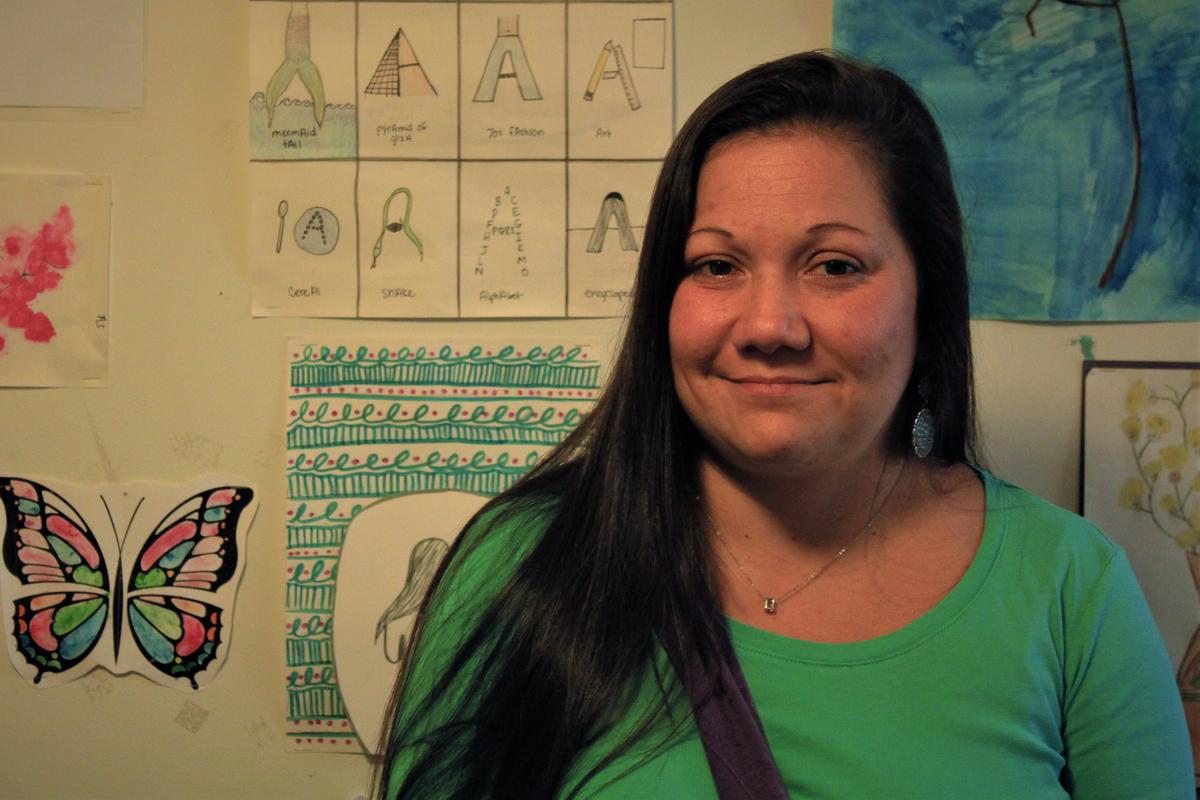House Bill Includes Work Requirements For SNAP Benefits — Piloted In Maine
Maine has been tagged in a contentious debate over changes to the Supplemental Nutritional Assistance Program, known as SNAP or food stamps.
In its version of the farm bill, the U.S. House includes increasingly tough requirements on the program, while the Senate version does not. Some Mainers who use the program view these kinds of restrictions, which were adopted in Maine some time ago, as problematic.
Critics of the proposed changes argue they will make it more difficult for people in need to access benefits to which they are entitled. Supporters of the proposed requirements say they will reduce programmatic costs, streamline inefficiencies and compel people to find supports outside social programs.
Genevieve Flores of Kittery, a former registered nurse with four children who receives aid through the SNAP program, says food stamps account for a third of her income.
“So imagine taking that off the table, you’re already struggling with the amount of help you get,” she says. “Homelessness is for real.”
Flores says she has experienced homelessness herself, and is a survivor of intimate partner violence, the emotional and mental scars of which limit her ability to work. She says increased work requirements, like those proposed in the House farm bill, don’t acknowledge the struggle some face in trying to seek government assistance.
“I just think it’s really hard for people to have to go ask for help and then justify their need for help by having to disclose really traumatic things,” she says.
Supporters, such as U.S. Rep. Bruce Poliquin of Maine’s 2nd District, who championed the measures’ inclusion in the House farm bill, say they inspire people to lift themselves out of poverty.
“If you’re able to work we need to be compassionate and request people, require people, to work to lift themselves out of poverty,” he says.

